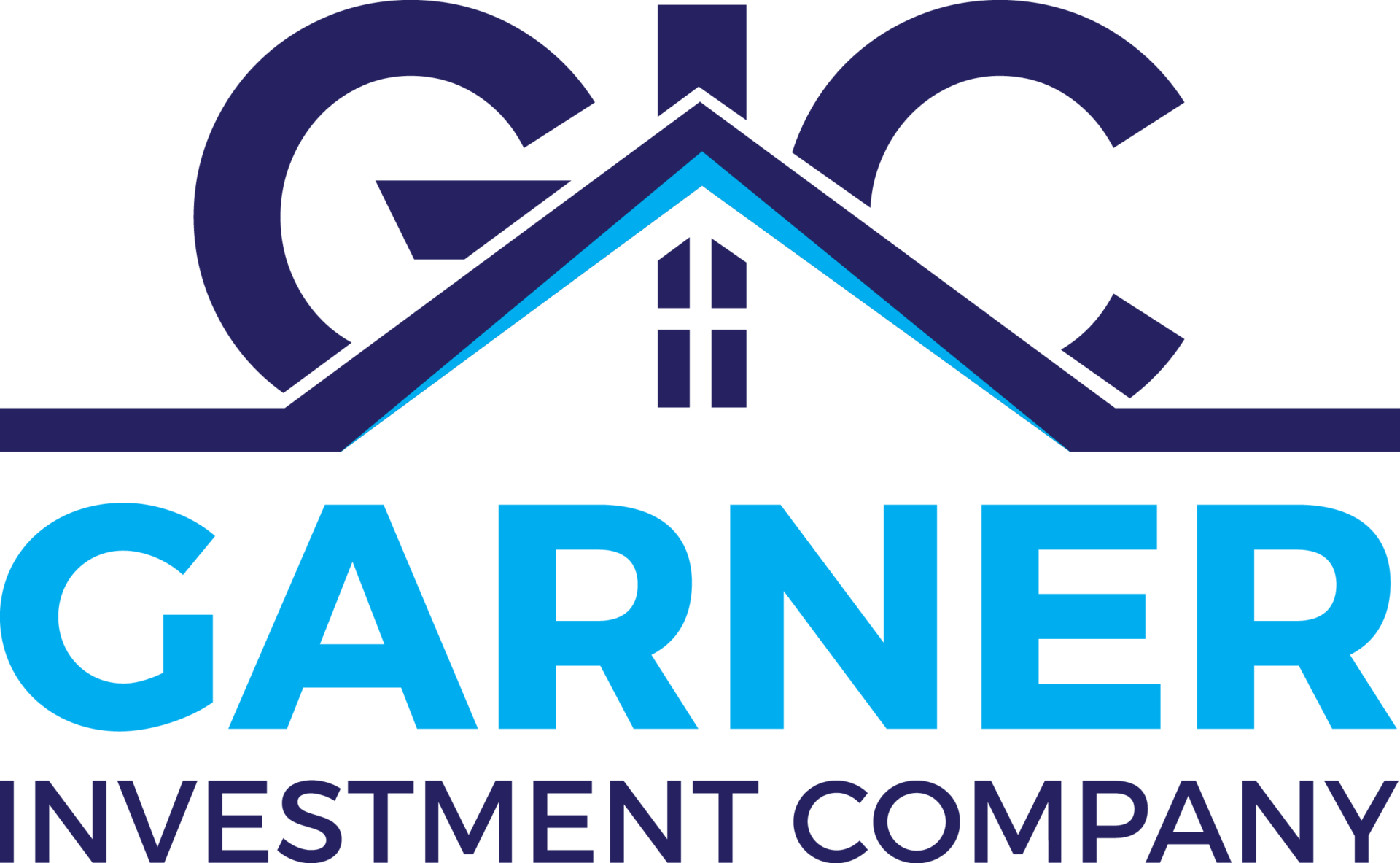Buying and selling real estate is an enticing side business for many people seeking to diversify portfolios out of the stock market and build on the equity of real property. But most people won’t touch anything in the commercial real estate market because it is a complex niche. Here is how to buy and sell commercial real estate like a pro in Garner.
Be Specific About Needs
Look at why you are buying or selling commercial real estate. You may have a business where you want to own your own commercial space rather than lease. Other motivation might be purely to buy and hold property to lease it out and build equity. Another reason to buy is to develop the property into something else.
Once you know why you are buying a property, you will want to establish a business plan specific to the property. Even if the commercial real estate is bought because you will house your own business in it, you should review it as an independent business venture. Your business may change and outgrow the property or need to downsize. Regardless of what happens with your business, you should be able to monetize the real estate if you plan properly.
Determine its Business Viability
Business viability is contingent on location and permitted use of the property. Research the demographics of the area, any city council plans for development and incoming private development. Just like you would consider a neighborhood and its schools if you were buying a family home, consider all the professional business reasons to buy commercial property.
Information that you need to know whether you plan on leasing the property out to others or using it for your own business use includes area average rents, permit processes, acceptable land use and whether or not local city government is supportive of businesses and commercial development. You don’t want to buy a property in an industrial district that is losing tenants left and right but you don’t want to overpay for a property is a highly sought after location either.
Get Pre-qualified for Funding
Talk to the bank or private equity lenders as early in the process as possible. Commercial property transactions are strictly business and when you make an offer, you are expected to be prepared with the funding. Gather the components that include a business plan, credit history for you and your company as well as any investor relations in the company. Consider down payments and equity positions with both long and short-term lending programs. Make sure to include a request for funds for any capital improvements that may be necessary to make the location usable or marketable.
Define Timelines and Triggers for Selling
As the owner of commercial property, you need to have set parameters of when you want to liquidate. You can’t wait for the market to turn to list and sell. You need to be aware of what is going on with commercial property in the area and on the national level. There are times a company may hold onto a commercial property when they upgrade operations to a larger property because it doesn’t make sense to sell at the bottom of the market.
Learn to use the equity in one to buy another and wait for the right signals to sell. Signals include favorable interest rates, increased leasing inquiries and new commercial developments planned in the area.


